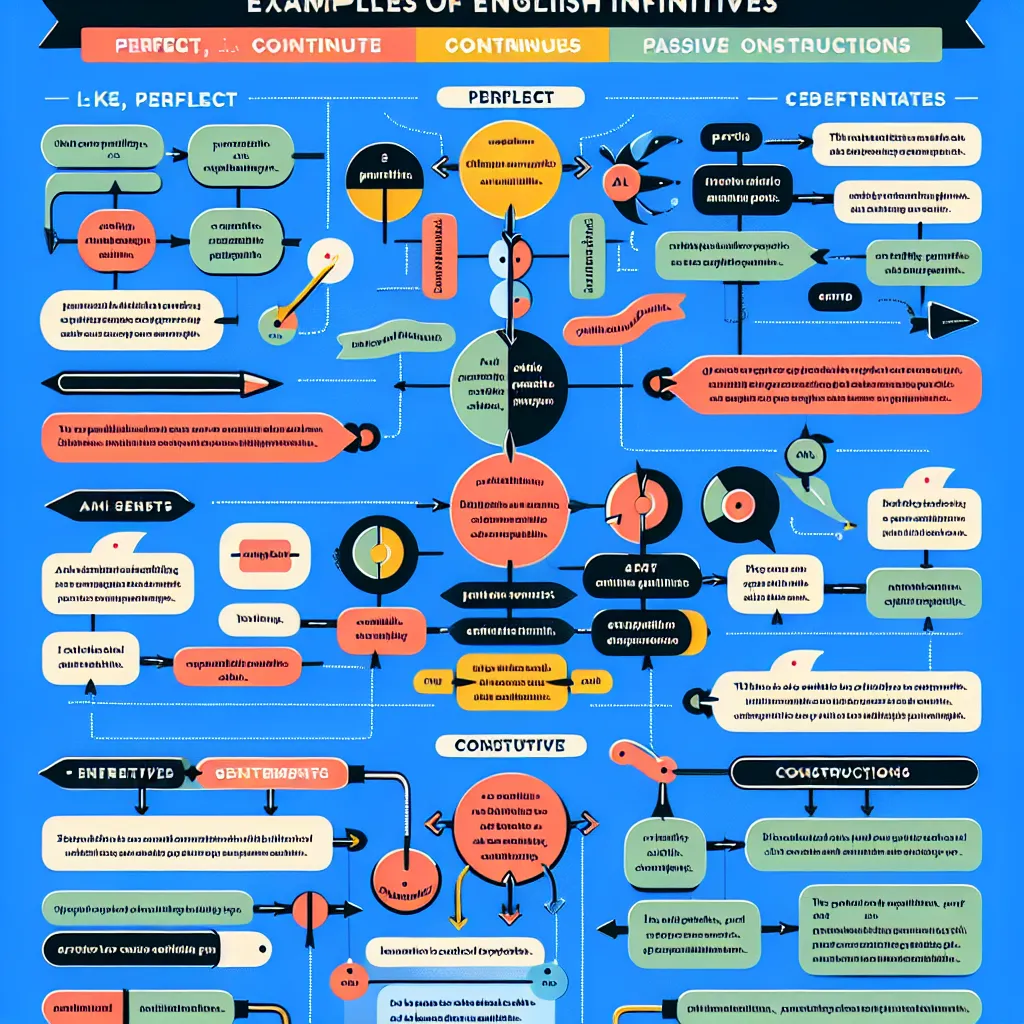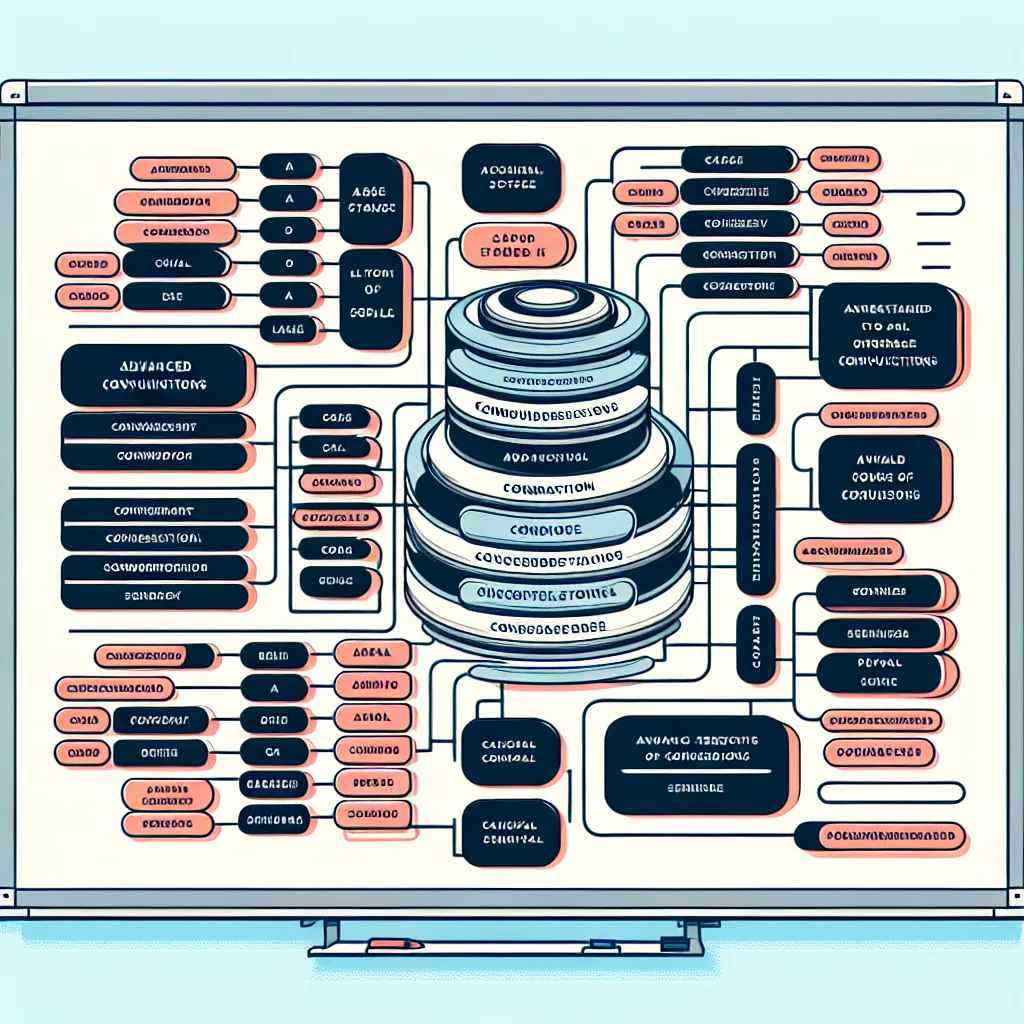Advanced infinitives are a powerful tool in English writing, allowing for more sophisticated and nuanced expression. Whether you’re preparing for the IELTS exam or aiming to enhance your academic or professional writing, mastering these structures can significantly elevate your language skills. This comprehensive guide will explore how to effectively use advanced infinitives in your writing, providing clear explanations, practical examples, and valuable tips.
Understanding Advanced Infinitives
Advanced infinitives go beyond the basic “to + verb” structure, incorporating more complex forms and functions. They include perfect infinitives, continuous infinitives, and passive infinitives, each serving a specific purpose in conveying timing, ongoing actions, or passive states.
Types of Advanced Infinitives
- Perfect Infinitive: to + have + past participle
- Continuous Infinitive: to + be + present participle
- Passive Infinitive: to + be + past participle
Understanding these forms is crucial for expressing complex ideas and temporal relationships in your writing.
 Advanced infinitives in English
Advanced infinitives in English
Using Perfect Infinitives
Perfect infinitives are used to express actions that occurred before the main verb in the sentence. They are particularly useful in formal and academic writing to convey precise timing.
Example:
“She claims to have completed the project before the deadline.”
In this sentence, the perfect infinitive “to have completed” indicates that the completion of the project occurred before the claim was made.
When to Use Perfect Infinitives:
- To express regret about past actions: “I’m sorry to have missed your call.”
- To indicate completion before another action: “He was relieved to have finished his exams before the holiday began.”
- With modal verbs to express speculation about the past: “They must have been to Paris before; they know it so well.”
For more insights on using infinitive clauses effectively, check out our guide on mastering the use of infinitive clauses.
Employing Continuous Infinitives
Continuous infinitives are used to emphasize the ongoing nature of an action. They are particularly effective in describing processes or actions that were, are, or will be in progress at a specific time.
Example:
“He appears to be working on a new novel.”
Here, the continuous infinitive “to be working” emphasizes the ongoing nature of the writing process.
When to Use Continuous Infinitives:
- To describe actions in progress: “They seem to be enjoying the party.”
- To express future arrangements: “We expect to be traveling to Rome next summer.”
- With verbs of perception: “I could hear the children to be playing in the garden.”
Incorporating Passive Infinitives
Passive infinitives are used when the subject of the sentence is the recipient of the action rather than the doer. They are particularly useful in formal and scientific writing where the focus is on the action rather than the actor.
Example:
“The experiment is expected to be completed by next month.”
In this sentence, the passive infinitive “to be completed” emphasizes the action (completion of the experiment) rather than who is performing it.
When to Use Passive Infinitives:
- In scientific writing: “The results are yet to be analyzed.”
- To maintain an objective tone: “The decision is likely to be announced tomorrow.”
- When the doer of the action is unknown or unimportant: “The building is scheduled to be renovated soon.”
For more advanced grammar techniques in formal writing, visit our article on improving grammar for formal writing.
Combining Advanced Infinitives
Advanced writers often combine different types of infinitives to create more complex and nuanced expressions.
Example:
“The team appears to have been working on this project for months.”
This sentence combines a perfect infinitive (“to have been”) with a continuous infinitive (“working”) to express an ongoing action that started in the past and continues to the present.
Common Mistakes to Avoid
When using advanced infinitives, be aware of these common pitfalls:
- Incorrect tense sequence: Ensure the infinitive form matches the temporal context of the main verb.
- Overuse: While powerful, overusing advanced infinitives can make your writing feel cluttered. Use them judiciously.
- Misplacing modifiers: Be careful not to create dangling modifiers when using infinitives.
Practice Exercises
To master advanced infinitives, regular practice is key. Try these exercises:
- Rewrite sentences using different types of infinitives.
- Identify advanced infinitives in academic papers or literary works.
- Create your own sentences incorporating each type of advanced infinitive.
For more practice on related structures, explore our guide on how to master infinitive phrases.
Conclusion
Mastering advanced infinitives is a crucial step in enhancing your English writing skills. By understanding and correctly using perfect, continuous, and passive infinitives, you can express complex ideas with precision and sophistication. Remember to practice regularly and pay attention to how these structures are used in high-quality writing. With time and effort, you’ll find yourself naturally incorporating these advanced forms into your own work, elevating the quality and clarity of your English expression.




